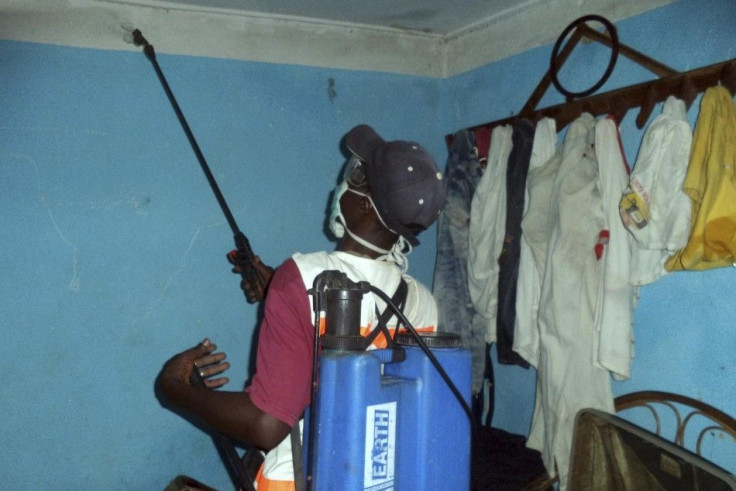Ebola Outbreak in Africa: Local And Global Health Groups Rally to Prevent Viral Disease

Several months after the Ebola virus outbreak in West Africa which killed over a hundred in Guinea and Liberia, local and international health organizations have taken huge steps to prevent the spread of the disease.
Different groups from different African countries, nearby countries and other parts of the world are now taking preventive measures to stop the spread of the deadly virus.
Ebola, which is transmitted from animals to humans, is a kind of hemorrhagic fever. The disease is distinctively a group of viruses that affect different body systems causing bleeding. The disease does not have any vaccine as of today.
The World Health Organization (WHO) reported the virus has five different strains. At present, only three strains have been identified after the outbreak in Africa.
In Liberia, United Nations Children's Fund (UNICEF) deployed a team to Lofa County to help prevent Ebola. The team, composed of 12 members, goes door-to-door to spread information and proper precautionary measures to prevent the spreading of the virus.
The team works across the place and engages directly to the local communities to let them be aware on how they can keep themselves from the disease, informing them of the suggested practices on what to do when they get sick.
There are 27 suspected, probable and confirmed Ebola cases in Liberia as of this date. Only six cases were confirmed. What the government has been doing there might keep the people safe from the disease and put the numbers with suspected cases low. UNICEF is concerned with the information dissemination and addressing the risks associated with the outbreak.
"The Liberian Government, with support from partners, has done an excellent job getting the word out on Ebola...But in a country where the communications infrastructure is weak and illiteracy is high, media outreach must be complimented by direct community dialogue and engagement," UNICEF Liberia Country Representative Sheldon Yett said in a report at All Africa Web site.
Doctors without Borders is also one of those organizations which are serious about preventing Ebola in Africa. DWB has been extending help in administering medications to the victims in quarantines to limit the spread of the disease in the country.





















